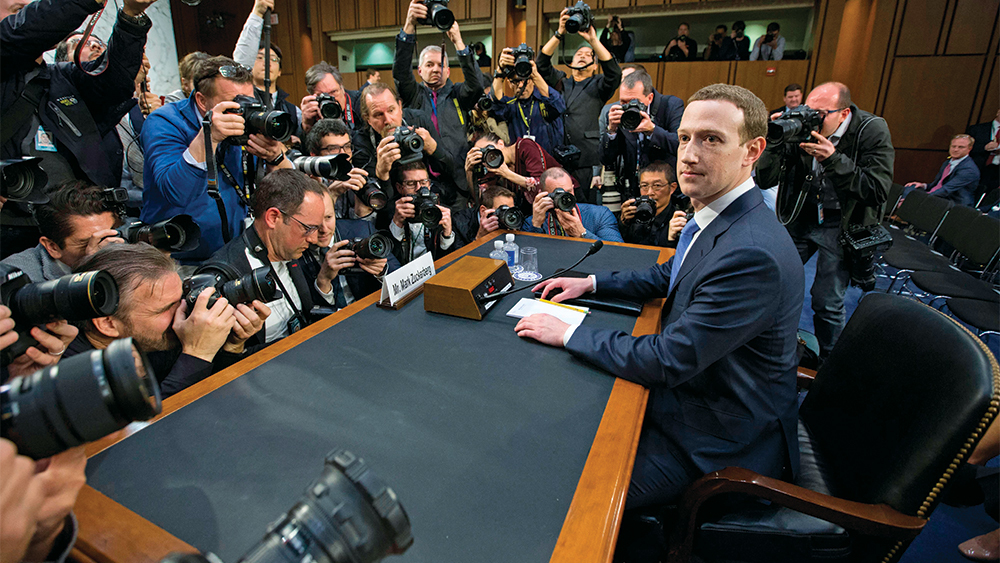This article is by LSE researcher and PhD student Ruth Garland
 How should the citizen respond to the Snowden revelations? Those in the know have plenty to say and line up on both sides either for or against the need of the intelligence services to harvest huge amounts of personal data. The vast majority it seems, in Britain at least, feel passive in the face of forces beyond their control or comprehension.
How should the citizen respond to the Snowden revelations? Those in the know have plenty to say and line up on both sides either for or against the need of the intelligence services to harvest huge amounts of personal data. The vast majority it seems, in Britain at least, feel passive in the face of forces beyond their control or comprehension.
Oddly enough for a media and communications specialist researching into government communications, I have found myself among the silent majority. Yet in the past week I have attended two public discussions on the impact of the Snowden revelations, both of which involved the very reasonable-sounding Sir David Omand, former Head of GCHQ and Permanent Secretary at the Home Office, now a visiting professor at Kings College, London. The main question emerging from both events is why have we been kept in ignorance for so long?
The first event, at a University College London public policy seminar (15th January), was a discussion between Omand and Ewan MacAskill, defence and intelligence correspondent at the Guardian. MacAskill expressed concern at the state’s hitherto unknown awesome data gathering capability, and although, like Google and others, he now encrypts much of his communications, he still worries about protecting his sources. He argues that “Snowden did the world a favour” by revealing the extent of mass surveillance. Omand argues that the damage done by the Snowden revelations to public security is comparable to or worse than the impact of Philby, Burgess and Maclean. So far so predictable.
The second event (20th January), a debate hosted by LSE Ideas, again involved Omand who argued against three critical panellists: Prof Ronald J Deibert (Canada Centre for Global Security Studies), Dr Gus Hosein, (Privacy International), and Prof Ronald Pruessen, a historian from Toronto University. Omand provided another robust defence of the intelligence services, insisting that it was a common “category error” to describe bulk data acquisition as mass surveillance. Strictly speaking, the intelligence services don’t literally snoop on everyone – they gather an enormous amount of indecipherable hay, and then use powerful tools as a magnet to target and analyse the individual needles – but only subject to legal and political oversight.
This is where the public comes in – or doesn’t. Omand argued that the use of the term ‘snooper’s charter’ made legislation on extending access to private data by crime and other state agencies so “toxic” that it killed off any debate. The term is back in use again as politicians suggest reviving plans for a communications data bill following the events in Paris.
So whose fault is it that the public is so sensitive to scaremongering, and so ready to believe that apparently sensible data gathering is a charter for snoopers? It is only the Snowden revelations that are making any kind of informed debate possible. According to Deibert, the public now needs a “credible narrative” about the acceptable balance in liberal democratic society between security, rights and freedoms. They need to know that basic principles such as the division of powers, accountability and oversight, and checks and balances, are built into the system. There is enough information in the public domain to suggest that if there hasn’t been an abuse of power already, there is little to stop it in the future.
Omand agreed that oversight was an essential check against abuse of power, and that this was an issue of public understanding and trust. In that case, shouldn’t the authorities have sought some measure of consent and transparency before engaging in secret bulk data collection? Can the public be reassured that parliaments have the power to scrutinise the exercise of such tremendous power on their behalf? How informed and trustworthy are most MPs, or journalists?
Gus Hosein accepted that a legal framework for conducting surveillance was needed but it was difficult to conduct thoughtful discussion in the heat of a media and political cycle of blame and kneejerk reactions. From a historical perspective, Professor Pruessen suggested that technology had moved so fast that we don’t even know what kinds of conversation need to happen around the rules of cyberspace. In a public vacuum there is the risk that the hawks take more control, and the status quo takes precedence over creative thinking. Public debate is needed but leaders and policy makers must take the time to participate and listen.
Ruth Garland is a researcher in government and communications. She returned to study a PhD in Media & Communications at LSE after 25 years working in media relations in publishing, broadcasting, public health and local government.





